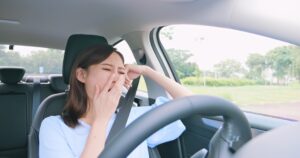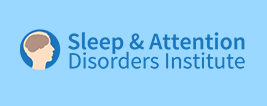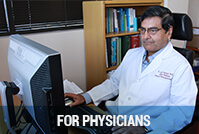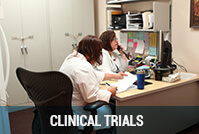Clinical Trials for Narcolepsy & Idiopathic Hypersomnia

Clinical Trials for Narcolepsy & Idiopathic Hypersomnia
We are conducting or starting clinical trials for Narcolepsy and for Idiopathic Hypersomnia (IH). These give patients the opportunity to try a new medicine while contributing to scientific information and future patient care. There is no cost to patients (we cover all costs of evaluation and treatment). We pay subjects for their time and expenses (usually $1000 or more, even up to $4000 for completing some clinical trials).
Narcolepsy is a disorder of daytime sleepiness. Other symptoms may include waking up from sleep paralyzed (sleep paralysis), dreaming before sleep or continuing to dream after awakening (hypnogogic hallucinations), and losing muscle strength when emotional (cataplexy). When cataplexy is present, usually there is a deficiency of a brain chemical called orexin. Narcolepsy usually begins early in life and persists through life.
Idiopathic Hypersomnia (IH) is also a disorder of daytime sleepiness. Patients may also have excessive need for sleep, and may be very sleepy when they first wake up. Patients often complain of brain fog or difficulty paying attention and concentrating. IH also usually begins early in life and persists through life.
Treatment
Usual treatment is with medicines that keep you awake (stimulants or wake promoting agents), such as methylphenidate, amphetamines, modafinil, solriamfetol, pitolisant. These medicines increase dopamine and/or norepinephrine activity in the brain and so help stay awake.
Another medicine is oxybate, which is very sleep inducing. Patients take it twice at night (at the beginning and the middle of the night). We do not know why it helps sleepiness during the day, but it does.
In the future, medicines that act like orexin may become available for narcolepsy.
Clinical Trials
We are conducting and in the process of starting clinical trials for Narcolepsy & IH. If you are sleepy during the day and have been diagnosed with narcolepsy or IH based on nighttime sleep testing (PSG or polysomnography) followed by daytime sleep testing (MSLT or multiple sleep latency test), and are interested in the clinical trials, please contact us. Patients who have not yet been diagnosed but have daytime sleepiness without snoring or depression may also contact us and we can conduct diagnostic testing for a clinical trial at no cost to you.
If you are interested, please call us at 586-254-0707.









